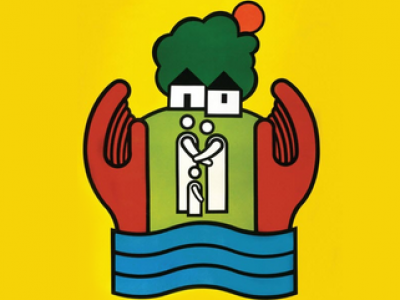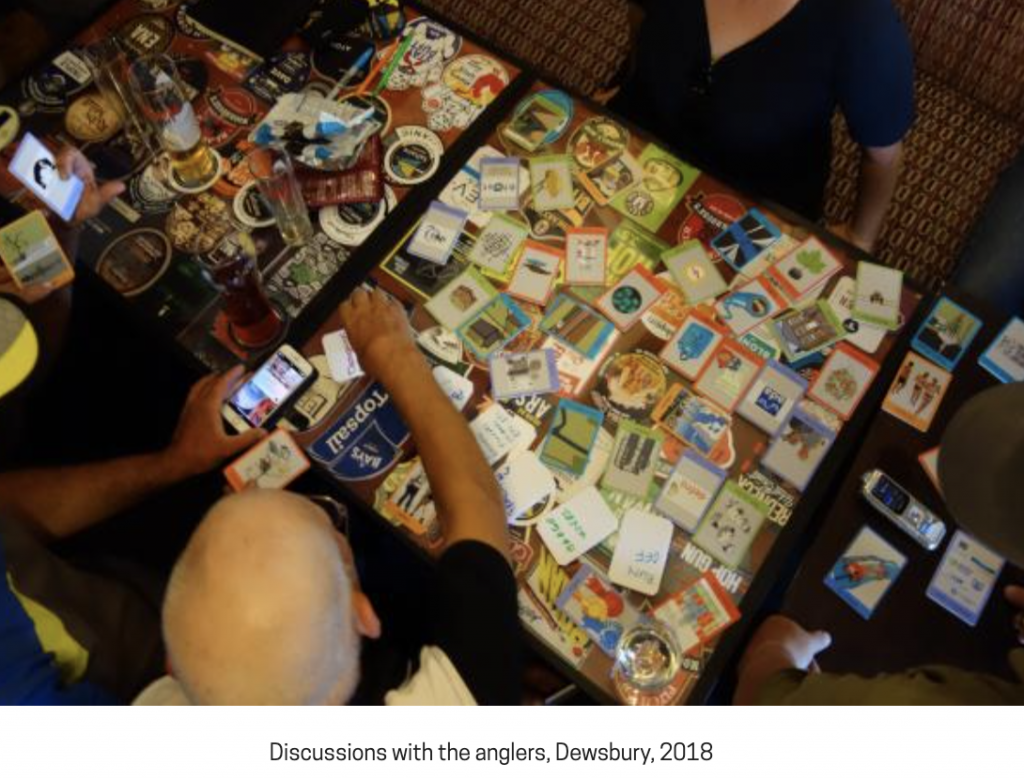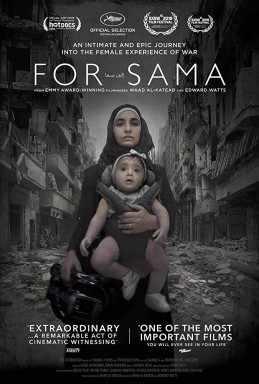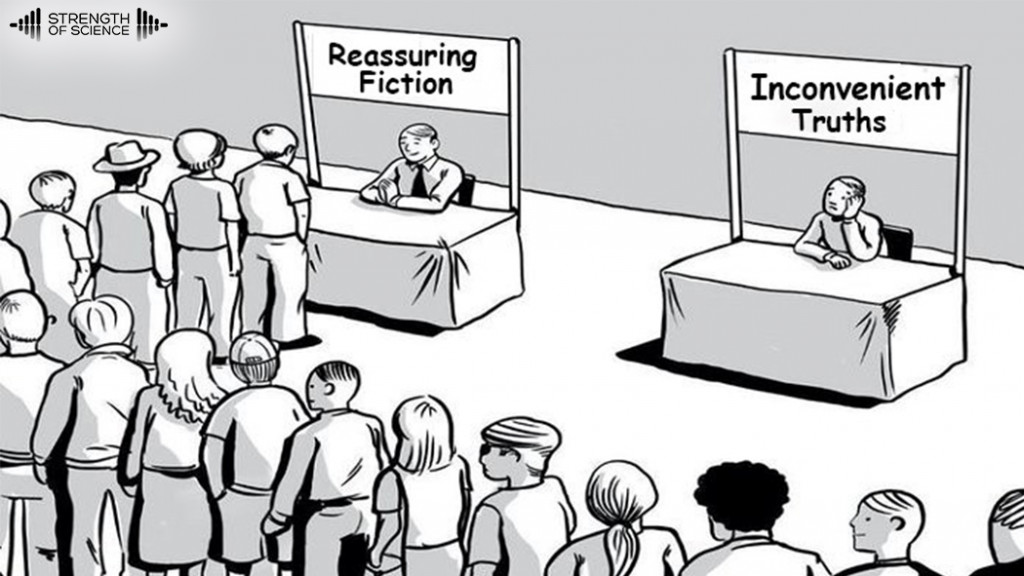GLOBAL HEALTH BSC YEAR 3 (2020-21)
Topic outline
-
-
Forum Description: This forum is available for everyone to post messages to. Students can raise questions or discuss issues related to the module. Students are encouraged to post to this forum and it will be checked daily by the module leaders. Students should feel free to reply to other students if they are able to.
-
-

HSPP | MODULE INFORMATION
Health systems, policy and practice
Course convenor and module lead: Dr Jonathan Filippon
Please note that this module will commence in the second half of the semester- from Thursday 12th November
YOU CAN ACCESS THIS MODULE HERE
THROUGH THE MSc/MRes QM+ PAGE
(as you do for your elective modules)
Tutors: Jonathan Filippon, Arianna Rotulo and Giuliano Russo
Module Description:
This module will provide students with a comprehensive introduction to the topic of health systems, as well as the use of certain economic theories and analysis to inform health systems policy. The module will cover health systems issues in low, middle and high-income country settings and will form the foundation for a more advanced course on health systems in Term 2.
It will introduce students to various conceptual and theoretical understandings of ‘health systems’; and locate them within a social, economic, historical and global context. Students will learn about the functional components of a health system, including the mechanisms and systems for financing health care delivery, as well as the management-administrative arrangements of a health system.
We will look at the application of mainstream economic theories to health systems policy, and discuss key policy issues about the distinction between public and private financing, as well as the role of markets and hierarchies, and of private and public providers. Students will also be introduced a brief history of the evolution of health systems policy in low and middle-income countries.
Core Texts:
Find HERE a list of all readings for this module week by week - Tallis List for Health Systems I
Also, there is no specific core text for this module. However, students are encouraged to refer to the following texts as general references for the course as a whole:
-
-
-

Module leader: Giuliano Russo
Contact: g.russo@qmul.ac.uk
Credits: 30
Assessment:
· A formative presentation of your research proposal in December (unmarked feedback)
· A 1,000-word outline of your dissertation research proposal (15%) to be submitted by the 18th of January 2021
· Your completed dissertation of up to 8,000 words (85%), to be submitted by May 14th 2021 (by 4pm).
Seminars and webinars schedule
You will have a choice of attending either on-site seminars or online webinars (same contents).
Onsite seminars will be held on Fridays from 11-12.30pm. Online webinars will be on Fridays as well, from 1pm to 2.30 pm.
-
Week 1 - INTRODUCTION: All you ever wanted to know about your BSc dissertation (but were too afraid to ask...)
Contents and learning objectives for this introductory session
- Introduction: the requirements and what to expect;
- Types of possible dissertations;
- Assessment criteria;
- What the dissertation doc should look like;
- Common mistakes when writing a dissertation;
- Research topics: Staff research interests will be summarised and there will be an opportunity to talk about possible areas of research and types of dissertation;
- The process of writing your dissertation.
-
-
Use this link to take you to an external link with relevant information
-
October 9: Theories of Health Promotion and Behaviour Change Developing research tools and ethics applications
-
-
Re-sit IPH6107 Critical Reflective Journal Assignment
-
Re-sit IPH6107 PHIP written assessment 2000 words Assignment
-
Re-sit IPH6107 PHIP oral presentation 10 minutes Assignment
-
-
-
These slides accompany week 1 live lecture
14.0 MB
-
-
-
Use this link to take you to an external link with relevant information
-
-
These slides accompany week 4 recorded lectures
9.8 MB -
Use this link to take you to an external link with relevant information
-
-
These slides accompany week 5 live lecture
22.3 MB -
Use this link to take you to an external link with relevant information
-
-
These slides accompany week 6 live lecture
2.7 MB -
Use this link to take you to an external link with relevant information
-
-
Use this link to take you to an external link with relevant information
-
-
These slides accompany week 9 live lecture
432.5 KB -
Use this link to take you to an external link with relevant information
-
-
These slides accompany week 10 live lecture
432.5 KB -
Use this link to take you to an external link with relevant information
-
-
-
Use this link to take you to an external link with relevant information
-
Re-sit IPH6100 Presentation submission area Assignment
-
-
3.6 MB
-
Re-sit IPH6100 ASSIGNMENT 1 - Blog post (40%)
-
Instructions on how to create a portfolio page or blogpost on QM Plus Hub - https://elearning.qmul.ac.uk/guide/groups-portfolios-creating-a-page/
Here's a short video where I run through the process of creating a blogpost on QM+ Hub
829.8 KB -
These instructions tell you how to submit a portfolio page/blogpost you have created on QM Plus Hub as an assignment
https://elearning.qmul.ac.uk/guide/copying-a-group-qmplus-hub-page-to-submit-as-an-assignment/
674.5 KB -
Re-sit IPH6100 Assignment 2 - Fact check (40%)
-
-
-
1.2 MB
-
990.3 KB
-
-
Overview
In this second week of the module we discuss the concepts of ‘knowledge’ and ‘science’, and how these are produced through research by carrying out empirical observations and the creation of explanatory theories. This link between finding out about the subject of interest – creating evidence – and using such evidence to develop, or validate / disprove, an explanatory theory, is the key concept of this first session.
The more philosophical concepts of epistemology (the science on how science is developed), ‘positivism’ and ‘interpretivism’ (whether there is such a thing as ‘true facts’ or just interpretations of reality) are explained and discussed.
We then go on to discuss the research process – what steps need to be in place to generate scientific research. This will usher a discussion on conceptual frameworks, research methodologies and methods to collect data / evidence. Plenty of examples are given in the session to illustrate these rather abstract but essential concepts of research, and a few activities are proposed to get you to put them into practice. For example, in the elaboration of a conceptual framework, or in a discussion of what are the so-called ‘alternative facts’ in our post-truth era.
Learning outcomes
By the end of the week, you will be able to:
- Recognise the theoretical underpinnings of a piece of scientific research;
- Design a conceptual framework explaining your understanding of global health issues to be researched;
- Identify your research's aims, objectives and methods for data collection.
-
These are the slides accompanying week 2 presentations for video lecture 1 and video lecture 2
5.9 MB
-
This week we introduce you to quantitative methods – research methodologies that rely on measurements of phenomena and identification of variables describing events, analysed through statistical techniques.
We start by considering the importance of UNICEF's Multiple Indicators Cluster Surveys to evaluate and compare population health in different countries. Some of you may decide to use MICS data for your own dissertations.
After providing definitions of methods such as Randomised Control Trials (RCTs), experiments and population surveys – all relying on numbers and statistics – we explore the strengths and weaknesses of quantitative methods, in comparison to qualitative methods (to be discussed next week). We look at survey methodology in some detail – probably the most common quantitative method used in social sciences. The discussion covers the steps followed to conduct surveys, such as selecting a representative sample, and designing your survey questionnaire and a plan of analysis for the variables.
For our challenge activity we return to the Glasgow effect. After reading some relevant BMJ guidelines, you will be asked what kind of survey you would design to understand the causes of health inequalities in the Scottish city.
Learning outcomes
By the end of this session, you will be able to:
- Identify the main types of quantitative methods for conducting research;
- Understand the data requirements for such methods;
- Be familiar with the steps involved in designing surveys.
-
-
Use this link to take you to an external link with relevant information
-
Overview of the session
To do your dissertation, you will obviously need to read a lot about your topic. You will do this early on in the process before you finalise your research question – any research you do, should build on existing knowledge and understanding about your research topic.
However, once you have identified your research question and aims, you will also almost certainly conduct a ‘literature review’ as part or all of your actual research output. In this instance, you are not reviewing the literature to simply develop your personal knowledge and understanding of a topic but rather to answer a specific research question (or test a research hypothesis). When you do this, you will be expected to conduct the review in a methodical and systematic manner: this means searching and reviewing a body of literature in a deliberate and structured way, according to a specifically determined process.
This week of the module is dedicated to conducting literature reviews, covering the key differences between different types of reviews, the steps needed to carry one out, and some practical exercises for identifying relevant documents, selecting the ones to be included, synthesising and analysing the evidence retrieved.
Learning objectives
By the end of the session, you will be able to:
- Distinguish between different types of literature review;
- Select the review that is appropriate for your topic or research;
- Identify search terms to start a search;
- Be familiar with the necessary steps of a literature review.
-
-
Use this link to take you to an external link with relevant information
-
Overview of the session
This week we cover the use of case study methodology to research global health issues.
We start off by looking at how India managed to eliminate polio, to explain how looking at specific cases – India’s experience in this instance – can help understand a wider theoretical point, i.e. polio eradication policies. We then provide definitions and examples of case study methodology in the guided practice lecture, looking at different types of descriptive, instrumental and comparative case studies, and on how to aptly select specific cases to research specific topics. For the challenge activity you will analyse and critique a public health case study, and explain why Nigeria’s experience of dealing with Ebola may not be applicable and replicable in other contexts.
We wrap up the topic with a webinar discussion on Nigeria's Ebola case-study, and the main concepts surrounding case study methodology. Academic references are provided and touched on throughout the activities.
Learning objectives
By the end of the session, you will be able to:
- Understand the theory behind case study methodology, and how to use it to research a global health issue;
- Distinguish between descriptive, instrumental and comparative case studies;
- Select specific cases to investigate a global health topic;
- Identify the steps required to apply case study methodology for your own dissertation project.
-
-
Use this link to take you to an external link with relevant information
-
This is the last workshop of the dissertation module – well done for making it this far! In this final week we introduce the key concepts of health policies, and how to analyse them.
This week's activity begins with another video, 'What is a Policy?', where you are invited to reflect and discuss the difference between policies, laws and politics. We then proceed to the guided practice lecture, which talks about the importance of going beyond the mere analysis of policy documents, if they even exist, and look at how such policies were elaborated. We distinguish between ‘analysis of policies’ and ‘analysis for policies’, and introduce the policy triangle, a useful framework to inspire and guide your own analysis.
For your weekly seminar activity you will be asked to analyse the UK Govt's initial policy to contain Covid-19. You will discuss its contents and explain, in the seminar/webinar, the context in which it took place, the actors behind it, and the process through which it was put in place.
Learning outcomes
By the end of the week, you will be able to:
- Understand what health policies are, and their difference to law and politics;
- Distinguish between retrospective and perspective health policy analysis;
- Apply the policy triangle to analyse health policies for your own research
-
-
Use this link to take you to an external link with relevant information
-
-
13.3 KB
-
-
On Friday 11th December Y3 students will be asked to give a presentation of their dissertation plans. This presentation is formative (i.e. not assessed), but critical to take stock of your progress and lay out the programme of work for the development of the dissertation.
Because of QMUL's policy to reduce the activities on campus in December and allow students a safe return home for Xmas, our presentations will be moved completely online on the Blackboard Collaborate platform (see Date, place and time section below).
-
-
974.5 KB
-
-
1. Dissertation outline proposal instructions
The research proposal is the first piece of assessed work you have to submit as part of the Dissertation module. It is a written assessment carrying 15% and should be submitted by the 18th January 2021.
The assessment requires you to design a dissertation proposal that draws on the methods that you have learned about during the program (i.e. literature review, case-study, policy analysis), and should be on a topic that is relevant to global health. Please make use of the advice received during the formative presentation.
The total word limit for this assignment is 1,000 words (not including title and abstract). There is some flexibility around how you use the word count, but we have given suggested word counts in brackets next to each section to help you structure the assignment and weight each section appropriately.
You should approach this assignment in the following stages:
· Consider a broad area in which you are interested in undertaking your dissertation, that you will have discussed with your supervisor.
· Generate some specific research questions in this area.
· Decide on one of these research questions for your study.
· Decide on a research design
· Plan the study.
· Write a brief outline of the study proposal, including any foreseeable problems you may encounter, and how you plan to overcome these.
You will need to restrict your research questions to those that are suited to the methods and approaches that you have learnt about during the Program.
For example, typical qualitative research questions may be those that begin: "What is the nature of.....", "What is the experience of....", "What are the views of...", and so on. Questions that could be expressed "How many of....", "What is the chance that....", or "What proportion of...." would need to be answered via quantitative research.
2. Writing your outline proposal
Your proposal should be structured as follows:
- Title: try to include the subject of the study and the study design within the title. For example: ‘Literature review study of communication between parents and children about maternal breast cancer’.
- Structured abstract (100 words – not included in your 1000-word count but this is a guide) to include objectives, methods/methodology, and possible data sources.
- Introduction and background/rationale. You are not expected to undertake a time-consuming literature review for this section, but we would like you to briefly summarise why you chose this area of study, and what, from your initial reading around the topic, seem to be the key issues for research in this area. In this section please include references to the papers/bibliography that have helped to inform your thinking. We would also like to see some evidence that you have taken a critical, reflective approach to the literature that you have reviewed and the method/methodology you have chosen. (approx. 300 words)
- Research question(s) and aims of the study (approx. 150 words)
- Methods (approx. 250 words) In this section please include a short description of your proposed methods and methodology, and an indication of possible data sources.
- Approach to analysis In this section describe how you will go about analysing your results (approx. 150 words).
- Expected contribution of your proposed research. In this concluding section you should consider what you think the main contribution(s) of your proposed research will be. This is likely to include new knowledge and may also include some other proposed impacts - for example to patients, the public, policy makers, educators etc. When you are designing a research grant for a funder it is important to convince them of the expected value of your research and its limitations. (approx. 150 words)
- Timelines for your dissertation. Use a simple table to identify the key milestones for your dissertation, meetings with your supervisor, and deadlines (not included in word count).
- Reference list (not included in word count)
Try to use a references management software. Please use consistently one of the recommended referencing styles (Harvard or Vancouver).
3. Marking Scheme for Assignment (dissertation outline proposal)
Introduction / background / rationale
30%
Research Questions and aims
30%
Methods and analysis
30%
Timelines
10%
TOTAL
100%
-
Re-sit IPH 6102 Submission area for BSc Dissertation Outline Proposals Assignment





